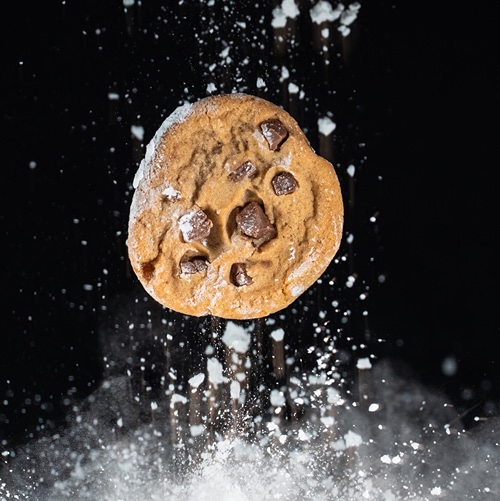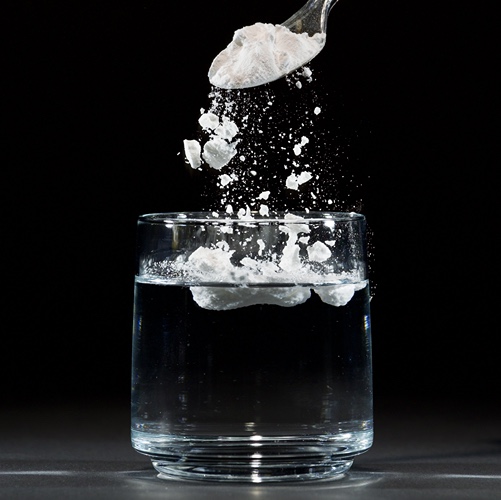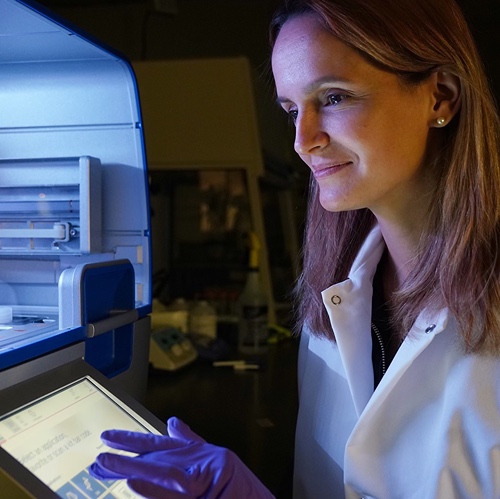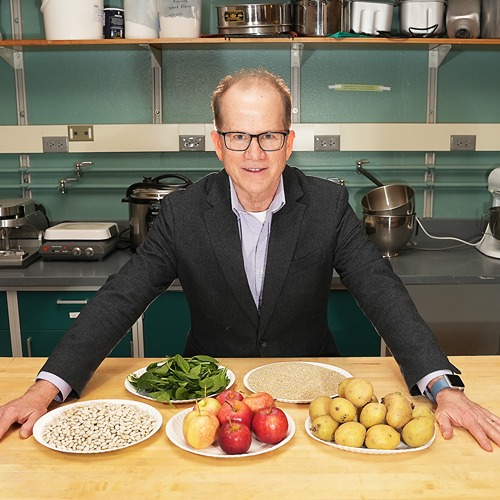What does your gut microbiome tell you?
 Your diet could be having an even greater impact on your health than you realize. Dr. Steve Lindemann believes we can learn a lot more from our gut microbiome. His current research, in partnership with Purdue's Whistler Center for Carbohydrate Research, is to find out more about how our dietary influences shape the gut microbiome and its effects on our overall health. "We know that what we eat controls which microbes live inside our guts," said Lindemann. "We don't yet know what food compounds or variables are most important and influencing the gut microbiome. We don't know the rules for why gut microbes rise and fall in abundance over time. That's what we're trying to figure out so we can predict how what we eat will affect the gut microbiome. The cause and effect is important not just for our digestive health, but also for our immune system and our neural and cardiovascular health." Lindemann is using molecular microbial ecology techniques to understand:
Your diet could be having an even greater impact on your health than you realize. Dr. Steve Lindemann believes we can learn a lot more from our gut microbiome. His current research, in partnership with Purdue's Whistler Center for Carbohydrate Research, is to find out more about how our dietary influences shape the gut microbiome and its effects on our overall health. "We know that what we eat controls which microbes live inside our guts," said Lindemann. "We don't yet know what food compounds or variables are most important and influencing the gut microbiome. We don't know the rules for why gut microbes rise and fall in abundance over time. That's what we're trying to figure out so we can predict how what we eat will affect the gut microbiome. The cause and effect is important not just for our digestive health, but also for our immune system and our neural and cardiovascular health." Lindemann is using molecular microbial ecology techniques to understand:
- How diet influences the composition and stability of the gut microbiome
- How gut microbiome metabolism of dietary components influences the production and absorption of bioactive microbial metabolites
- How metabolic interactions between microbes alter dietary fiber fermentation and nitrogen metabolism in the colon
- How these interactions between beneficial microbes exclude pathogenic organisms and modulate inflammation in the colon.






